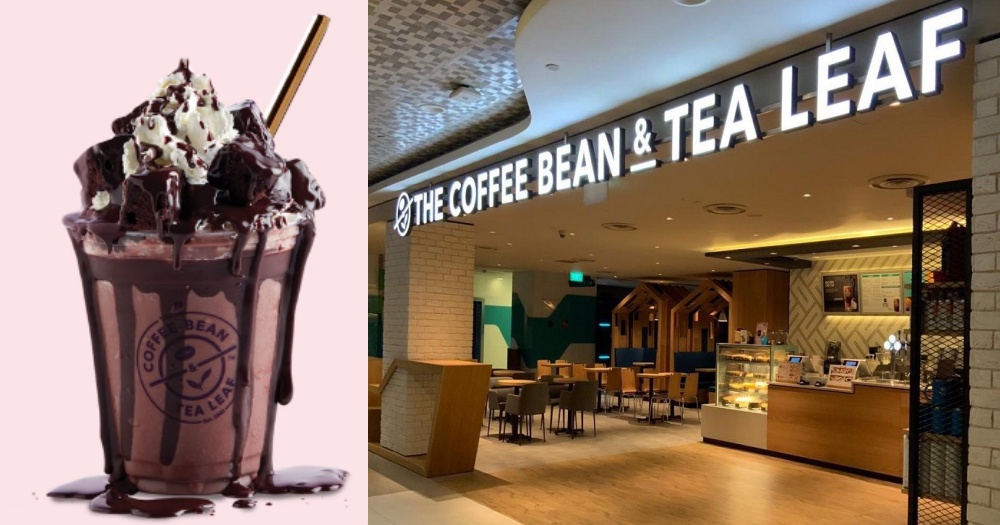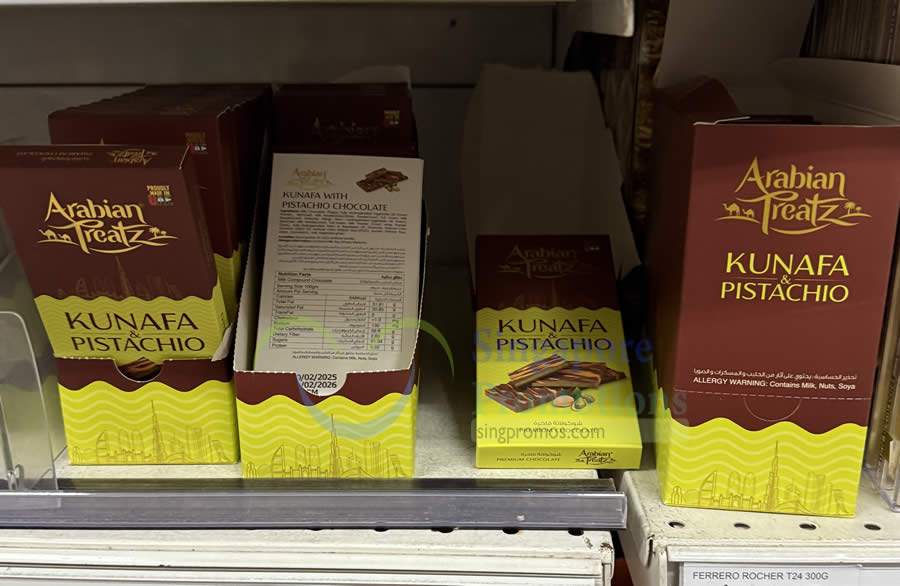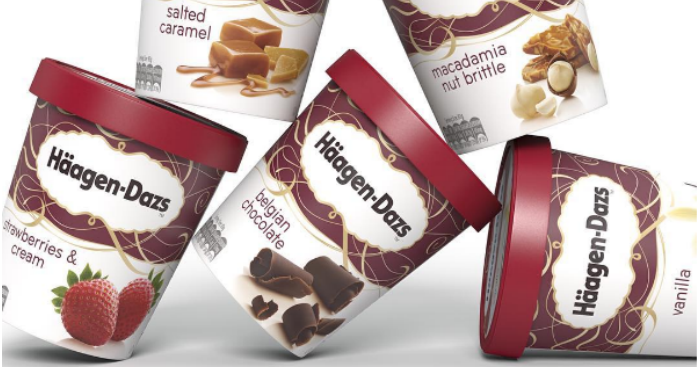
Singapore’s tropical climate, characterized by relentless heat and high humidity, presents a unique challenge: staying adequately hydrated. While fluid intake is crucial for everyone, it becomes paramount in this environment to maintain optimal health, energy levels, and physical performance. Understanding the importance of hydration and implementing effective strategies is key to thriving in Singapore’s weather.
Why Hydration is Non-Negotiable in Singapore’s Climate:
The combination of high temperatures and humidity accelerates fluid loss through sweat. This increased perspiration is our body’s natural cooling mechanism, but if these fluids aren’t replenished adequately, dehydration can quickly set in, leading to a range of unpleasant and potentially serious consequences:
- Reduced Physical Performance: Even mild dehydration can significantly impair strength, endurance, and cognitive function, impacting workouts and daily activities in Singapore’s active environment.
- Increased Risk of Heat-Related Illnesses: Dehydration is a major risk factor for heatstroke, heat exhaustion, and heat cramps – serious conditions that can require medical attention, especially during outdoor activities in Singapore.
- Impaired Cognitive Function: Dehydration can lead to fatigue, difficulty concentrating, headaches, and decreased alertness, affecting productivity and overall well-being.
- Electrolyte Imbalance: Sweating not only eliminates water but also crucial electrolytes like sodium, potassium, and chloride. An imbalance can disrupt nerve and muscle function, leading to cramps and other issues.
- Digestive Problems: Adequate hydration is essential for proper digestion and preventing constipation, which can be exacerbated by dehydration.
- Kidney Strain: Chronic dehydration can put extra stress on the kidneys, potentially leading to kidney stones and other kidney-related problems.
Recognizing the Signs of Dehydration in Singapore’s Heat:
Being aware of the early signs of dehydration is crucial for taking timely action:
- Thirst: While an obvious indicator, relying solely on thirst can mean you’re already mildly dehydrated.
- Dark Yellow Urine: Pale yellow or clear urine indicates good hydration; darker shades suggest you need more fluids.
- Infrequent Urination: Reduced trips to the restroom can be a sign of insufficient fluid intake.
- Dry Mouth and Skin: These are common symptoms of dehydration.
- Headache and Dizziness: Even mild dehydration can trigger headaches and a feeling of lightheadedness.
- Fatigue and Weakness: Feeling unusually tired or weak can be a sign your body is lacking fluids.
Effective Hydration Strategies for Singapore’s Climate:
Adopting proactive hydration habits is essential to stay healthy and energized in Singapore:
- Drink Water Regularly Throughout the Day: Don’t wait until you feel thirsty to drink. Sip water consistently, especially between meals and during activities. Carry a reusable water bottle as a constant reminder.
- Increase Fluid Intake Before, During, and After Physical Activity: If you’re exercising or engaging in strenuous activities in Singapore’s heat, drink extra fluids beforehand, sip regularly during, and replenish lost fluids afterward.
- Don’t Underestimate Plain Water: Water is the cornerstone of good hydration. It’s readily available and effectively replaces lost fluids.
- Consider Electrolyte-Rich Beverages: For prolonged or intense activities where significant sweating occurs, electrolyte drinks can help replenish lost minerals. Look for options with balanced electrolytes and avoid those high in sugar. Natural sources like coconut water also contain electrolytes.
- Be Mindful of Other Beverages: While drinks like juice, tea, and coffee contribute to fluid intake, be mindful of their sugar and caffeine content, which can have other effects on the body. Water should remain your primary source of hydration.
- Monitor Your Urine Color: Regularly check the color of your urine to ensure you’re adequately hydrated. Aim for a pale yellow or clear color.
- Hydrate Strategically in Air-Conditioned Environments: Even in air-conditioned spaces, your body still loses moisture. Maintain regular fluid intake even when you don’t feel as hot.
- Pay Attention to Individual Needs: Hydration needs vary based on activity level, body weight, and individual metabolism. Adjust your fluid intake accordingly.
- Educate Children and the Elderly: These populations are more susceptible to dehydration and may need reminders to drink fluids regularly.
The Best Fluids to Combat Singapore’s Heat:
- Water: The ultimate hydrator.
- Electrolyte Drinks: Beneficial for replacing lost minerals during intense or prolonged activity. Choose wisely for lower sugar content.
- Coconut Water: A natural source of electrolytes.
- Diluted Fruit Juices: Can provide some hydration and electrolytes, but dilute them with water to reduce sugar intake.
- Herbal Teas (Unsweetened): Offer hydration without the caffeine jitters.
Staying hydrated in Singapore’s hot and humid climate isn’t just about quenching thirst; it’s a fundamental aspect of maintaining good health and optimizing your well-being. By understanding the risks of dehydration and implementing these effective strategies, you can beat the heat and thrive in this tropical environment.









